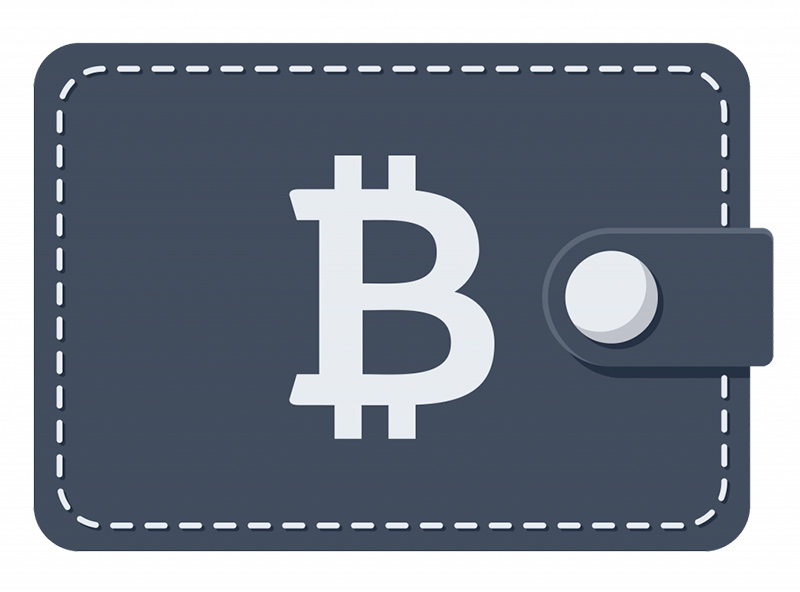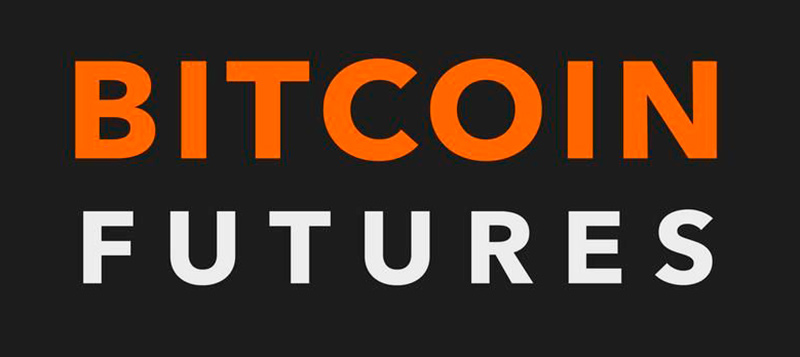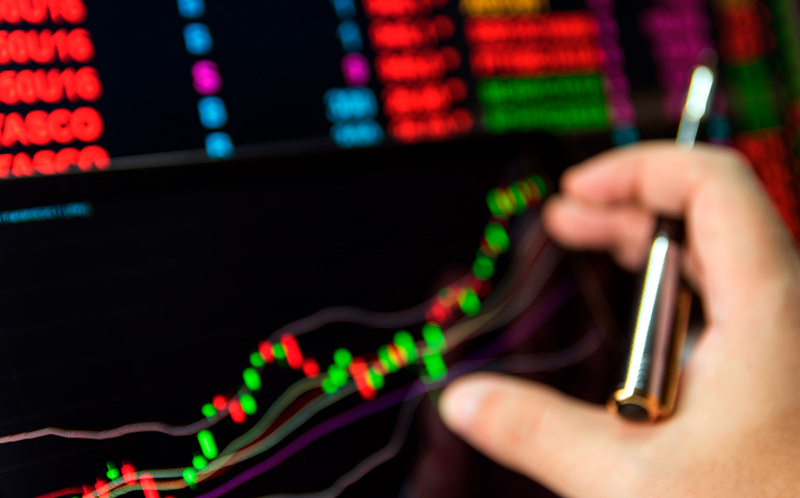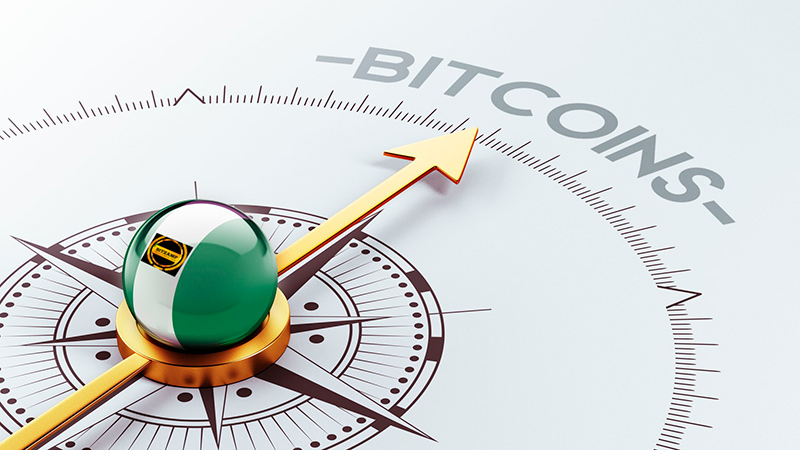How To Trade Bitcoin?
 Bitcoin (BTC) is a decentralized, anonymous and peer-to-peer currency that has emerged to be one of the most traded options of all-time. Known for its high-volatile nature, the currency gained its true importance right after the peak rise of April, 2013 and ever since then it has never lost its limelight. Be it the price surge of coin to $1200 in a span of two months to the hard-fork of August, 2017 that led to the creation of Bitcoin Cash (cousin currency of bitcoin), this cryptocurrency has seen it all and that is what makes it a promising instrument to trade.
Bitcoin (BTC) is a decentralized, anonymous and peer-to-peer currency that has emerged to be one of the most traded options of all-time. Known for its high-volatile nature, the currency gained its true importance right after the peak rise of April, 2013 and ever since then it has never lost its limelight. Be it the price surge of coin to $1200 in a span of two months to the hard-fork of August, 2017 that led to the creation of Bitcoin Cash (cousin currency of bitcoin), this cryptocurrency has seen it all and that is what makes it a promising instrument to trade.
In fact, 2014 was the premier year for the coin when it witnessed some of the significant changes which are:
- The increase in the trade volume of bitcoins, making it one of the largest cryptocurrencies to have ever been traded.
- Adoption of major firms such as Dell, Microsoft and Expedia who stated accepting the coins for their service and products
- The average number of stores that accepted the coins grew to 82,000 from 36,000
- Venture capital investment of bitcoin was at rise to over $335 million dollars
Considering the strong potential of this currency, anyone would want to try their luck by giving bitcoin trading a try. So, how exactly to do that? Read on to find out more.
The Beginning: Learn To Trade Bitcoin

Before you begin to trade bitcoin, the first thing that you need is a wallet. The coins that you own will be safely stored in the wallets and the same can be utilized for participating in trade orders by the exchanges. Now, some of the best methods to trade BTC are:
Futures Market

Just like any other asset, even bitcoins have their future market. In this trade, the trader has to agree to purchase the security along with a contract, specifying the time and the price at which the coins or assets are going to be sold. When you purchase future contracts, then you may feel that price of underlying security would rise and with this you are able to grab an exceptional deal on that security later. However, if at some point you plan to sell them then this denotes bearish style of trading, stating that you predict the bitcoin price might see a downfall.
Interestingly, when you trade BTC with contract for differences (CFD) you don’t actually own the currency, rather you make a contract and if the price moves according to the predetermined value then you gain a profit in no time, it’s as simple as it can be. Further, there are many reliable brokers out there who let you invest on Bitcoin CFD trading easily and help you understand the bitcoin price chart as well.
Margin Trading

Margin trading is another common style of BTC trading in which you borrow the coins from a broker and then use them to place your trade. Basically, it has a leverage factor that either decreases or increases based on the profits and losses that has incurred so far. There are innumerable exchanges out there that support margin trading and this again gives you the opportunity to amplify the power of your trade using this trading style.
Prediction Markets

The prediction market, like the name suggests is where the traders have to predict whether the bitcoin price will see a rise or a downfall. If you’re prediction is right then you are rewarded with profits, whereas if the market outcome doesn’t happen to be the way you had planned then you might suffer from loss. Whether the price would go up or down is always determined in percentage, and if any other trader out there takes up the bet then you acquire profits when the market moves in the desired direction.
Binary Options Trading
Though the idea of trading BTC in the form of binary options is relatively new, but it has captured momentum in a short span of time. In this style of trading, you have to “put and call” your options. For instance, if you think that the price of the currency will see a bullish point then you need to place a call order and that means you’ll get to purchase that currency at the current price, even when the price increases later. Even though options trading are featured by many exchanges, yet their cost and risks are quite high.
Reasons To Trade Bitcoin
There are certain reasons that showcase the importance of bitcoin as a trading instrument and some of these are:
- Global Expansion of Bitcoin: The price of bitcoin is not related to any economy or policies of a country, rather the bitcoin value responds to global events. This is something that makes the trend a bit easier to analyze, compared to traditional currencies that are governed by their respective nations.
- Trade Bitcoin 24/7: Unlike forex or stock market, there is no form of official exchanges for trading Bitcoin, rather there many decentralized platforms that operate 24 hours a day and 7 days a week creating arbitrage opportunities for large companies, hedgers and individual traders.
- Volatile Market: Bitcoin is often associated for its frequent and rapid movement of prices. In fact, when you spot a bitcoin price chart then you will realize that in span of three months during November, 2015 to January, 2016 it showed swings of over 5% and more.
The Risks of Trading Bitcoin
Before you begin to trade bitcoin cash you must be aware of the risks that this market has in store:
- Bitcoins get traded on various exchanges and thus the rates of exchange vary from one to another. You have to analyze the exchange rates with broker that you plan to use.
- The high leverage tactics used by most of the traders can get risky for beginners who are unable to notice the exposure of the market
- Cryptocurrency is an independent class of asset that follows its own valuation system and trading based on bitcoin value may have an impact on the loss or profits in unpredicted ways.
Does The Choice of Exchange Matter For Bitcoin Trading?

Yes, when you are equipped with the best of technique, skills and analysis, finding a good exchange for trading bitcoin is essential. To do this, there are certain factors that you can consider such as: trust & regulation of the exchange; focusing on their presence and the network of active participants, the location, various fees involved and the liquidity. You have to make sure that the exchange is trustworthy and accepts the payment from the country that you come from. Besides that, make a note of the percent of money that you are going to charged and finally opt for liquid exchanges that are able to offer better depth of market.